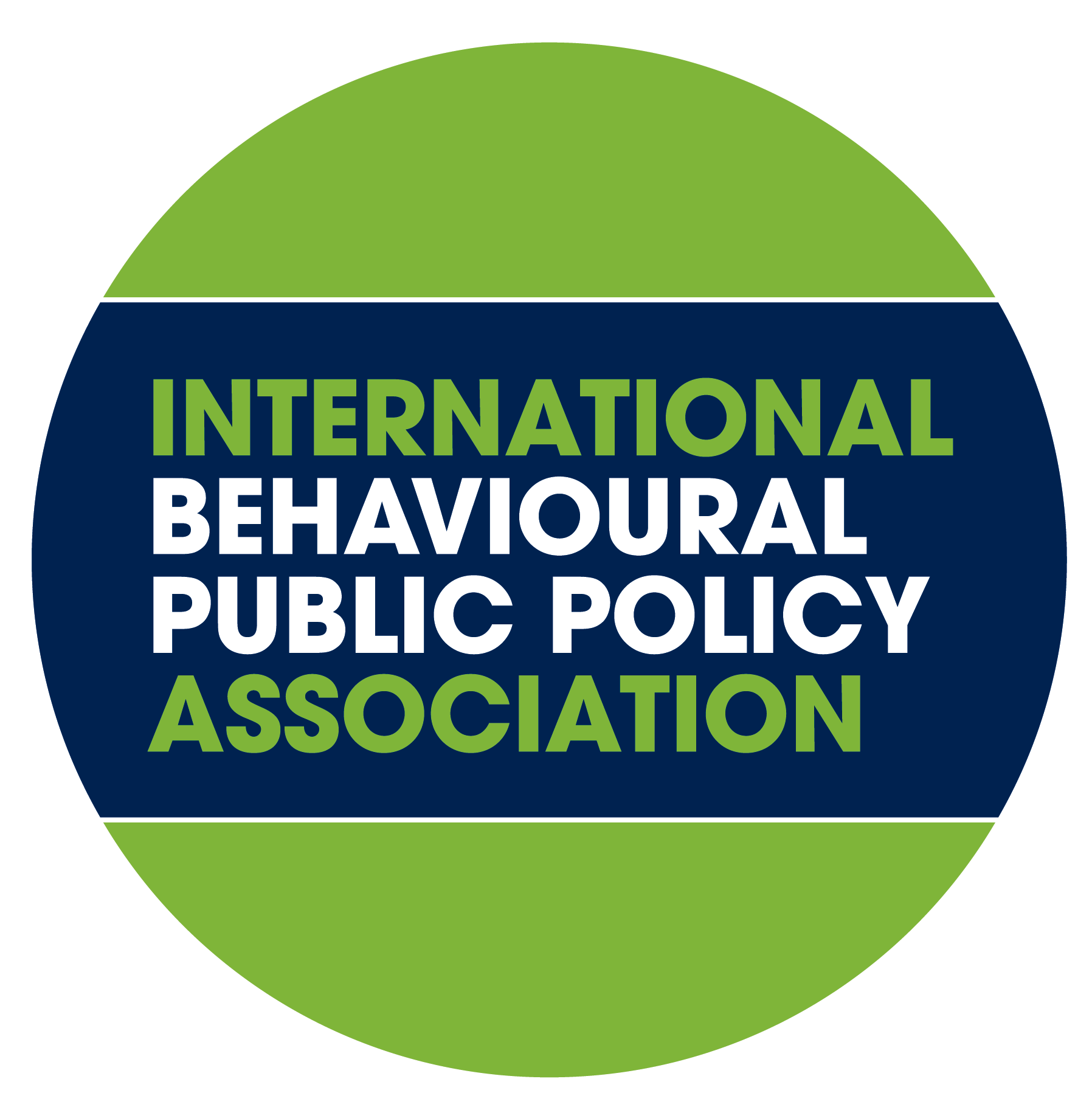📣Call for Papers
The fields of behavioral economics and behavioral public policy have developed at a remarkable pace over the last few decades, producing a wide range of policy tools such as nudges, boosts, budges, or sin taxes. These interventions have been examined empirically for their ability to effect behavior change. However, there has often been less systematic reflection on their methodological underpinnings and normative justifications. In addition, while much of the focus has been on bounded rational consumer behavior, the behavioral dimension of political actors in the form of knowledge constraints, incentive problems, and complex decision-making environments has received comparatively little attention.
This workshop seeks to create space for a critical reassessment of the foundations, challenges, and future directions of behavioral economics and behavioral public policy. We particularly welcome submissions that address the relevance of cultural differences, both for the interpretation of experimental findings and the evaluation of behavioral interventions. We also encourage contributions that explore the political economy of behavioral public policy and the interplay between theoretical frameworks and practical interventions.
We invite scholars from economics, psychology, philosophy, political science, and related fields to submit proposals. Contributions may be theoretical, empirical, or interdisciplinary in nature.
IBPPA membership is required for presenting at and attending this workshop.
📅Submission Details
-
Abstract length: max. 500 words
-
Deadline for abstracts: December 15, 2025
-
Notification of decisions: January 15, 2026
-
Submission: Please submit your abstract via this link: https://forms.gle/3KAQFSih1SVbrGY1A
The workshop will be held at New York University’s La Maison Française and will include a workshop dinner on April 9, 2026. There is no registration fee. Refreshments will be provided during the workshop. Participants are responsible for covering their own accommodation. The organizers will provide information on nearby hotels offering NYU discount rates.
💡Potential Questions for Contributions
Non-exhaustive list:
- What are the methodological and normative foundations of behavioral public policy? Should they be revisited in light of current challenges?
-
How do cultural differences affect both the interpretation of experimental results and the evaluation of behavioral interventions?
-
In what ways should behavioral public policy expand its scope to include the behavioral dimension of political actors?
-
How can tools such as nudges, boosts, budges, and sin taxes be assessed not just in terms of their effectiveness, but also in terms of their legitimacy and long-term consequences?
-
What lessons can be drawn from integrating political economy perspectives into the design and evaluation of behavioral policies?
